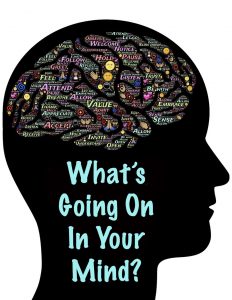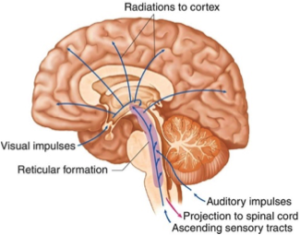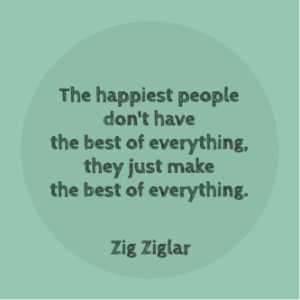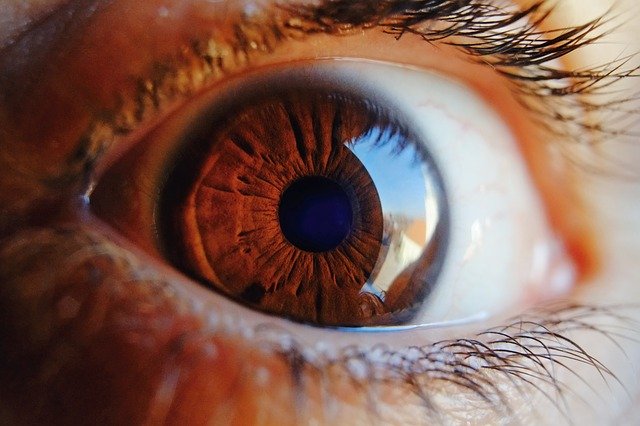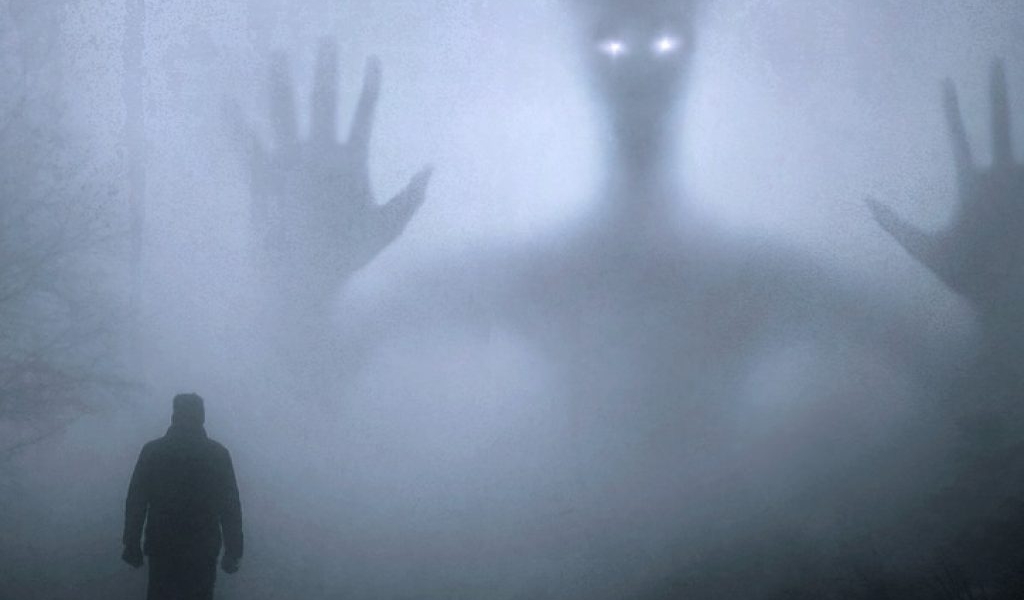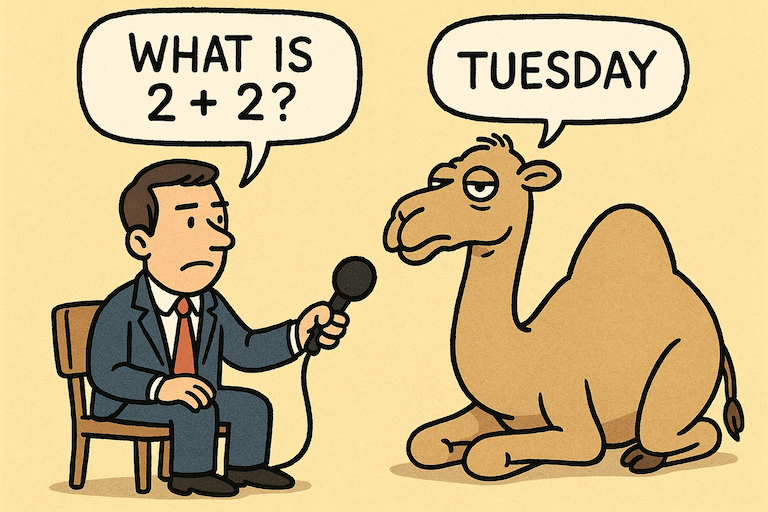
Have you ever noticed how a single question can completely shift your perspective?
So often, we are looking for answers, solutions, fixes, and explanations to alleviate our discomfort. But what if the real transformation begins not with the answers we find, but with the questions we ask?
Whether we’re trying to understand ourselves, navigate a challenging relationship, or make sense of the world, the way we frame our questions determines the path our thoughts will follow. Each question opens a door and closes others. This is the quiet power of inquiry.
The Hidden Force Behind Thought
Our minds are constantly in motion. Thoughts come and go, many driven by unconscious questions we don’t even realize we’re asking.
Questions like:
-
“What’s wrong with me?”
-
“Why is this happening to me?”
-
“Will they ever change?”
Without realizing it, we often narrow our focus through these kinds of inquiries. They carry assumptions, they trigger old patterns, and they limit what we’re able to see.
But there’s another way.
When we bring our questions into conscious awareness, we can begin to shape the direction of our attention with intention. We can shift from judgment to curiosity, from blame to understanding, and from limitation to possibility.
Asking Better Questions of Ourselves
Self-inquiry is one of the most powerful tools we have for healing, growth, and clarity. Try asking simple, gentle questions like:
-
“What am I feeling right now?”
-
“What do I need in this moment?”
-
“What is this really about for me?”
Questions like this invite us inward. They create space for reflection, self-compassion, and a deeper understanding of our emotions. They help us respond with care instead of reacting with confusion or fear.
What Happens When We Ask with Curiosity
In my work with couples, I’ve seen how dramatically the tone of a conversation can change when we shift from defensive statements to open questions.
Instead of:
“Can’t you see I need your help?”
Try:
“Can we talk about what happens for you around bedtime for the kids? I want to understand.”
Instead of:
“Are you mad at me?”
Try:
“Can you share what you’re thinking and feeling about this?”
Open-ended questions are invitations. They say: I want to know you. I care about what’s real for you. And in that space, trust can grow.
Questions That Build Connection
Here are a few questions that can gently deepen connection and emotional safety in any relationship:
-
What matters most to you in this situation?
-
How can I support you right now?
-
What are we both not seeing yet?
-
What do you need from me in this moment?
-
Is there another way we could look at this?
The goal is not to “get it right,” but to stay curious. When we lead with curiosity, we soften the ground between us and invite discovery instead of defensiveness.
The Soul of a Question
A question is more than words. It carries intention.
Is your question meant to control or to understand?
Is it rooted in fear, or in a genuine desire to connect?
Is it trying to prove a point, or open a door?
When asked with presence and care, a question becomes a mirror, a flashlight, a bridge.
It is a sacred tool. One that can gently illuminate what was hidden, and return us to what matters most.
Reflection Prompt:
What question has been guiding your life lately?
Is it opening you up or closing you down?
If you would like to know more about me and my work, please explore my website here.





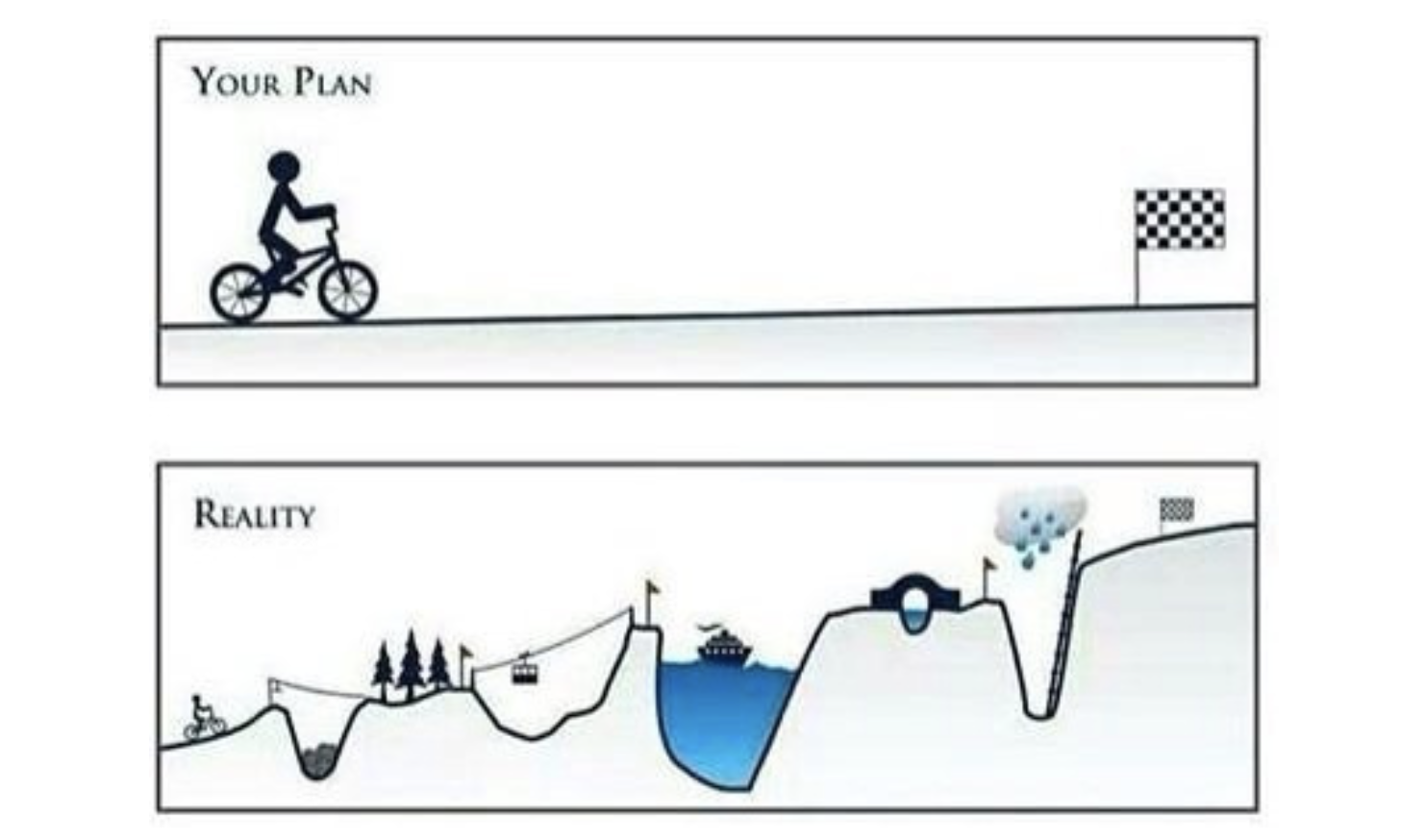
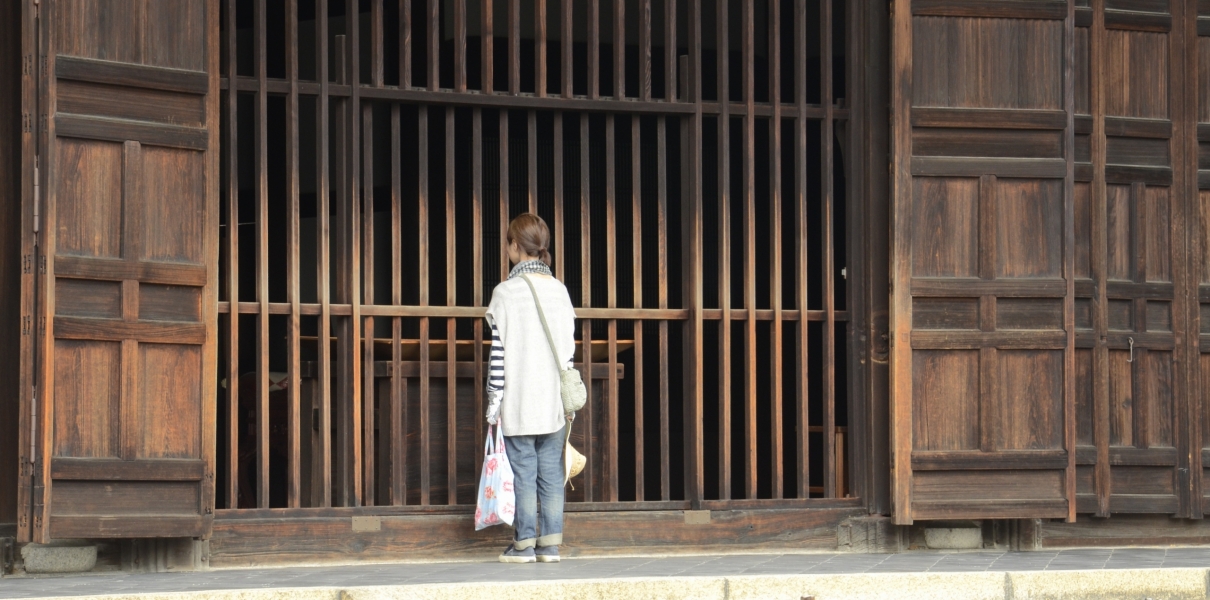



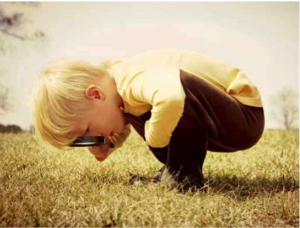 Would you like to know the best way to tame your inclination to judge anyone who is different than you or any experience you don’t like? It’s to become really curious and to call upon your inner detective. When we are quick to judge, we shut ourselves down. We also close ourselves off from additional information available to us. Our myopic view blinds us from alternative ways of seeing ourselves, the other person, and the situation itself.
Would you like to know the best way to tame your inclination to judge anyone who is different than you or any experience you don’t like? It’s to become really curious and to call upon your inner detective. When we are quick to judge, we shut ourselves down. We also close ourselves off from additional information available to us. Our myopic view blinds us from alternative ways of seeing ourselves, the other person, and the situation itself.